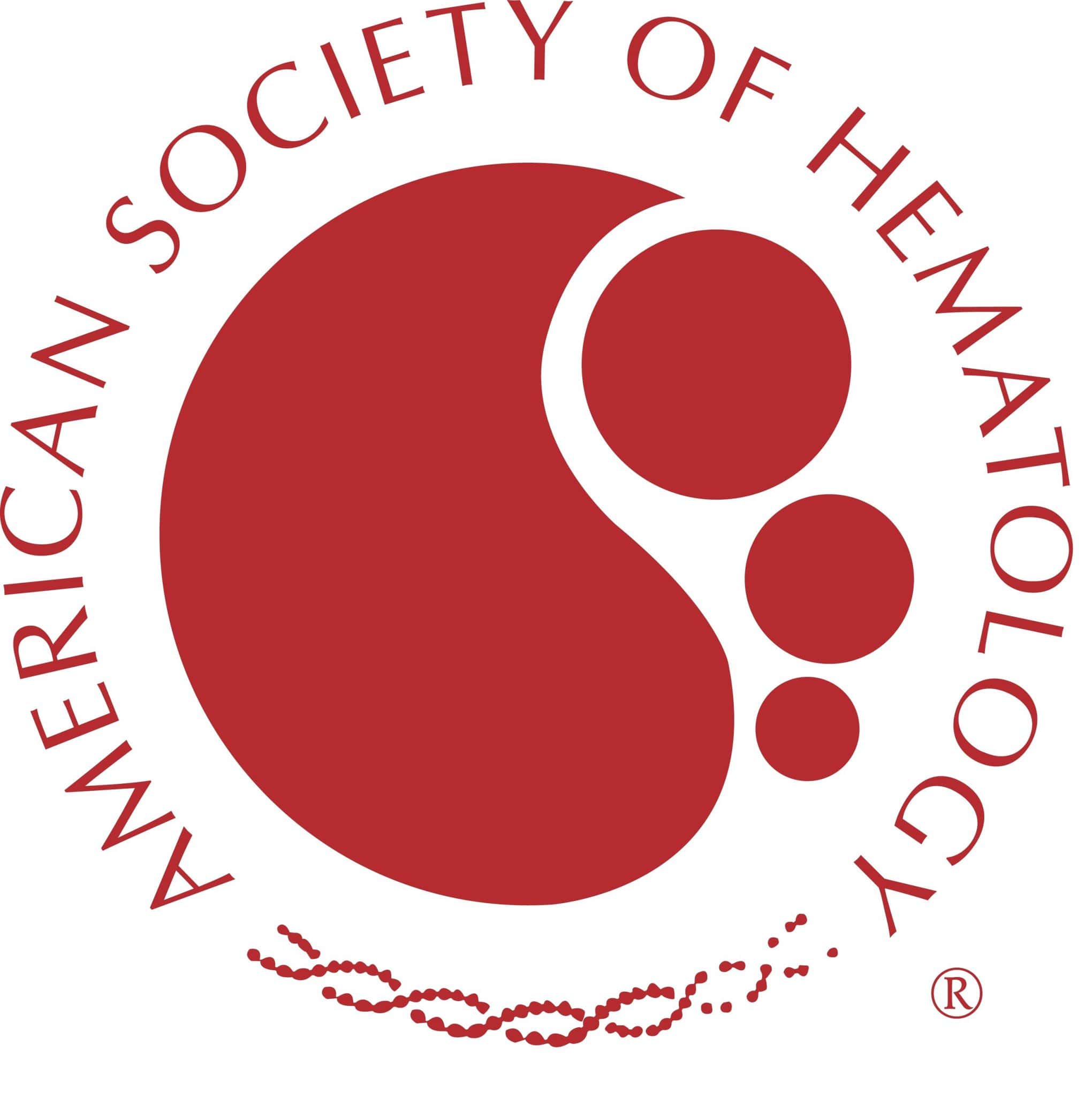
Johnson and Johnson and Bristol-Myers Squibb/Bluebird bio have both revealed data from their respective BCMA-targeting CAR-T therapies in multiple myeloma, as the competition ramps up in the therapy area.
J&J’s CAR-T candidate – JNJ-4528 – impressed at the conference, as well as at the FDA, so much so that the drug has been granted a breakthrough therapy designation in previously treated multiple myeloma patients.
The results from the phase 1/2b CARTITUDE-1 study evaluated JNJ-4528 in multiple myeloma patients who have received at least three prior lines of therapy.
At this early stage, the CAR-T therapy has demonstrated promising results in the targeted indication – early and deep responses were observed in phase 1, in patients with a median of five prior multiple myeloma treatment regimens treated with JNJ-4528. Even more impressively, 100% of patients achieved remission at a median six-month follow-up.
Overall response rates included 69% of patients achieving a complete response or better, with 86% of patients achieving a very good partial response or better.
To round off these encouraging results, 100% of evaluable patients achieved early minimal residual disease-negative status at day 28 post-infusion – this means there were no detectable cancer cells in their bone marrow.
The most common adverse events observed were cytokine release syndrome, neutropenia, anaemia, thrombocytopenia, with one patient dying of complications from cytokine release syndrome at day 99.
BMS/Bluebird also had their own CAR-T data in hand, from the phase 2 KarMMa study of BCMA-targeting CAR-T therapy idecabtagene vicleucel.
All the patients in their study had been exposed to at least three prior therapies, and an over 73.4% overall response rate was observed.
However, remissions in the study last on average for 10.6 months, and median progression-free survival was 8.6 months. With J&J’s results looming with such impressive remission rates, the odds may be against BMS/Bluebird.
The KarMMa study also had a case of patient death due to cytokine release syndrome as a side-effect of treatment with ide-cel treatment.
Both could face bispecific antibody competition, however, from the likes of Regeneron among others. Regeneron also presented data for its candidate in multiple myeloma at ASH, which demonstrated a 75% response rate in the higher dosed group.




